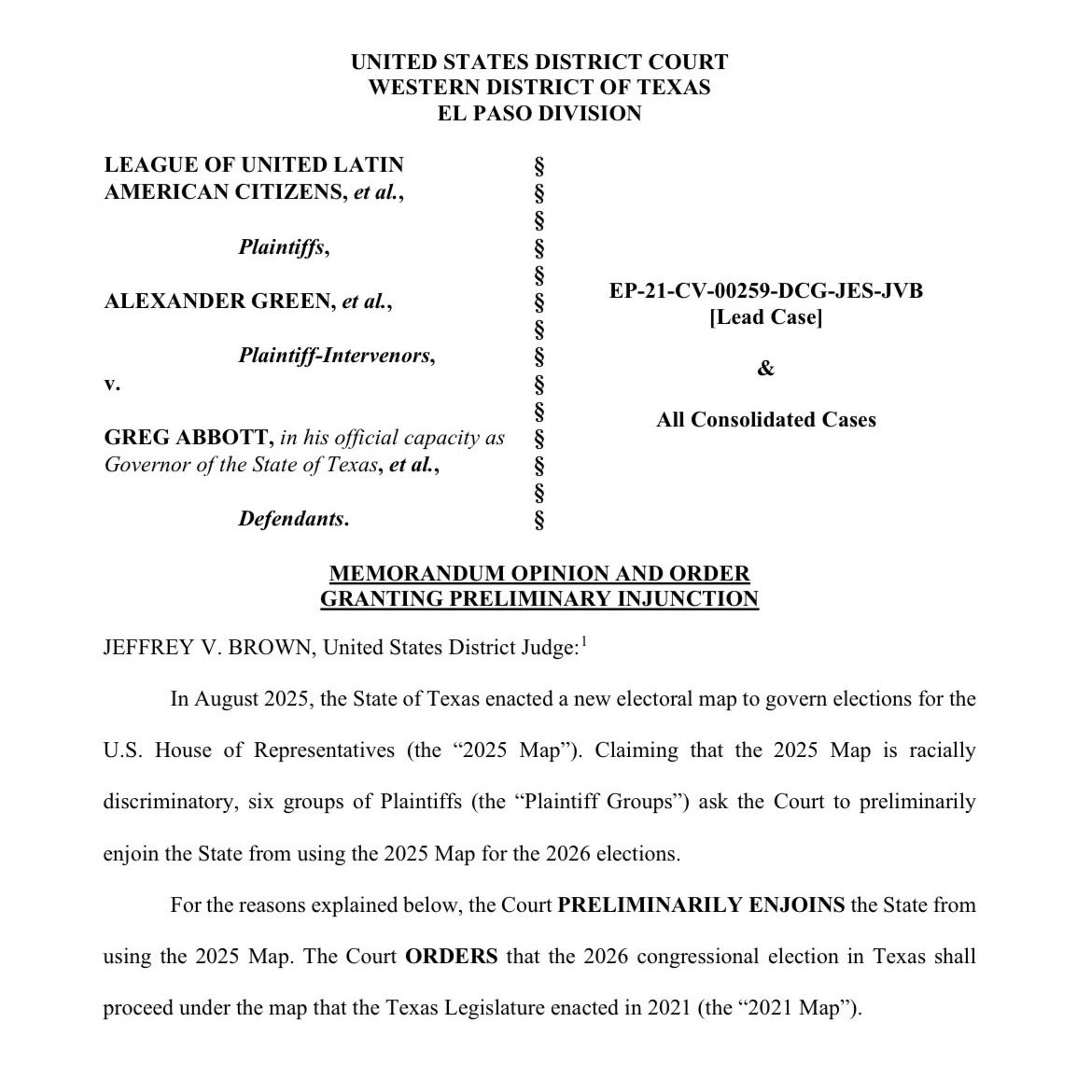Trump Administration Implements Job Search Requirement for SNAP Recipients
In a significant policy shift, the Trump administration has announced that recipients of the Supplemental Nutrition Assistance Program (SNAP) will now be required to demonstrate that they are actively seeking employment in order to receive benefits. This new requirement aims to encourage self-sufficiency among individuals relying on government assistance.
The decision comes as part of a broader initiative to reform welfare programs and reduce dependency on government aid. Under the new guidelines, SNAP recipients must provide evidence of their job search efforts, which may include documentation of job applications, interviews, or participation in job training programs. The administration argues that this measure will help individuals transition into the workforce and ultimately reduce the number of people relying on public assistance.
Supporters of the policy assert that it aligns with the administration's goals of promoting economic independence and reducing government spending on welfare programs. They believe that requiring job search verification will motivate recipients to engage more actively in the job market and improve their overall financial stability.
However, critics of the policy have raised concerns about the potential impact on vulnerable populations. They argue that the requirement could disproportionately affect low-income individuals and families who may face barriers to employment, such as lack of access to transportation, childcare, or job training resources. Opponents also warn that the new rules could lead to increased food insecurity for those unable to meet the job search criteria.
The administration has indicated that it will provide resources and support to help SNAP recipients navigate the job search process, including access to job training programs and employment services. As the policy takes effect, stakeholders from various sectors will be closely monitoring its implementation and effects on both recipients and the broader economy.
This development marks a notable change in the administration's approach to welfare and public assistance programs, reflecting ongoing debates about the balance between support for those in need and the promotion of personal responsibility.


